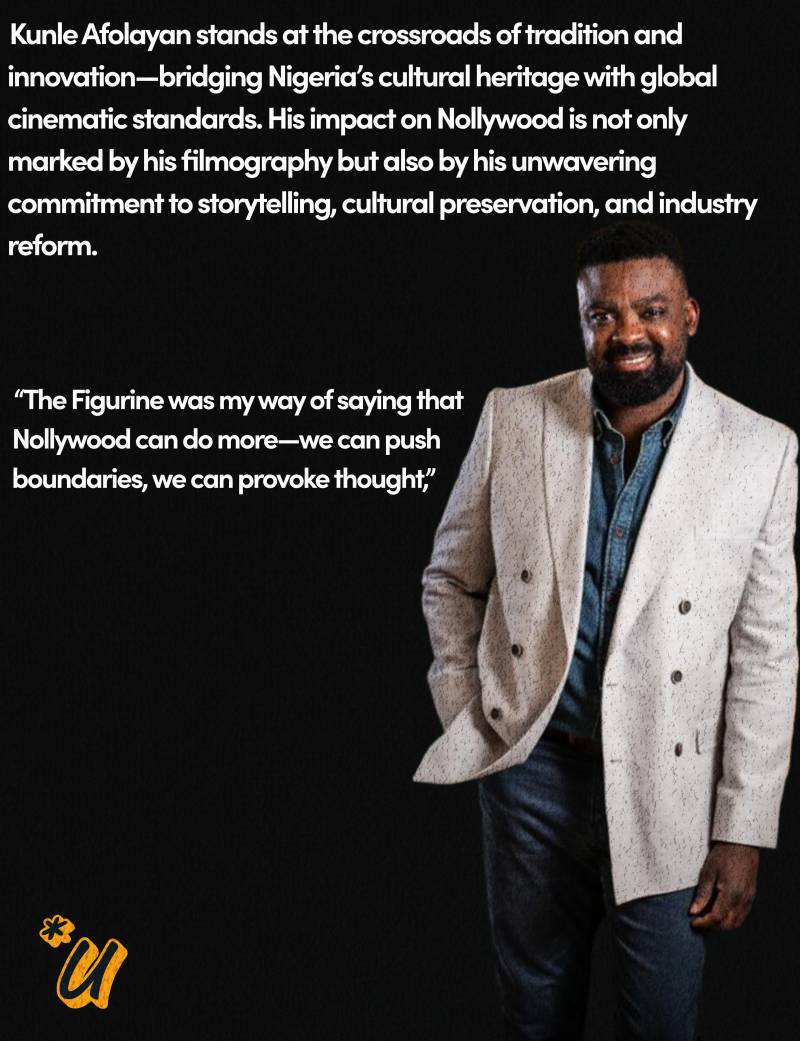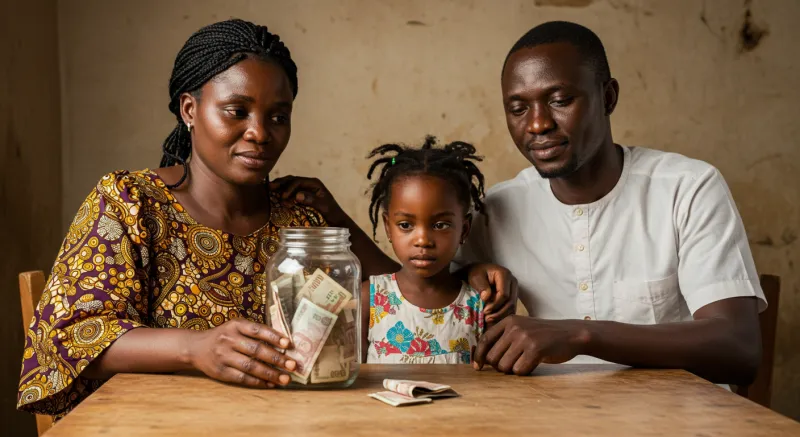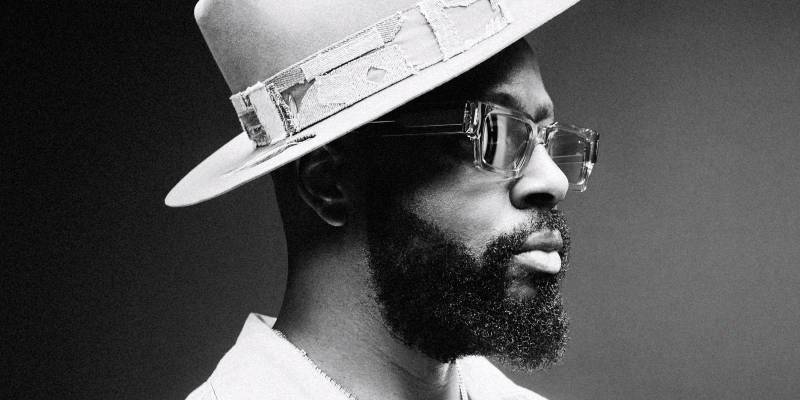In a time when spectacle often drowns out substance, Kunle Afolayan remains a defiant force, calm, deliberate, and fiercely committed to stories that outlive trends. Episode 16, The Kunle Afolayan One, opens a window not just into a filmmaker’s career, but into a man who has redefined what it means to create African cinema with global resonance.
Born into cinema royalty as the son of Adeyemi "Ade Love" Afolayan — a foundational figure in Yoruba-language filmmaking — Kunle didn’t merely inherit a legacy; he inherited a responsibility. But he didn’t coast on a famous name. Before the camera, there was a desk. Afolayan spent years as a banker — a job that felt safe, practical, and miles away from the cinematic world his father once ruled. Yet the call to storytelling, deep-rooted and persistent, was too strong to ignore.
He left the bank. He went to film school. And with Irapada (2006), his debut feature, he offered something Nigeria hadn’t seen in a long time: a supernatural thriller with heart, cultural complexity, and cinematic sophistication. But it was The Figurine (2009) that shook the system. A film that earned critical acclaim, box office success, and multiple awards, The Figurine didn’t just raise expectations — it redefined them. Nollywood had found one of its architects.

Related article - Uphorial Podcast

Each subsequent work from Afolayan pushed boundaries. Phone Swap brought warmth and wit to Nigerian romantic storytelling. October 1 unpacked colonial tensions in the days leading to independence with psychological nuance and haunting visuals. Mokalik stepped away from polished backdrops to spotlight the mechanics of everyday Nigerian life — the artisans, the underdogs, the overlooked. Then came Citation, tackling sexual abuse in academia and placing the conversation on international stages via Netflix.
But it was Aníkúlápó that truly proved Afolayan's storytelling had matured into myth. More than just a movie, Aníkúlápó is a return to the deeply spiritual, symbol-laden roots of Yoruba folklore. Shot with meticulous detail in a custom-built traditional village in Oyo State, it tells the tale of Saro, a man who cheats death and becomes consumed by power. Rich in language, costume, and atmosphere, Aníkúlápó feels like both a fable and a warning about ego, about consequence, and the fragile nature of borrowed power. Its impact was immediate and far-reaching, sparking global interest in indigenous African storytelling done with cinematic flair.
But Kunle Afolayan isn’t just interested in making films — he’s building a future. Through Golden Effects Pictures and the KAP Hub, he has created not only a home for creatives but a vision for industry development. From post-production studios to training programs and talent incubation, Afolayan is ensuring the next generation doesn’t need to go abroad to learn how to tell African stories with excellence. He speaks with passion about his children — how they’re growing up around cameras, scripts, rehearsals — not as intrusions, but as normalcy. He isn’t just building an empire; he’s nurturing a legacy in real time, raising minds that might one day retell or reinvent the stories he started.
In Episode 16, when Kunle reflects on Nollywood’s journey, he acknowledges the frustrations: funding bottlenecks, piracy, and poor distribution networks. But he doesn’t dwell there. Instead, he looks forward to ownership, to global collaborations, toward stories like Aníkúlápó that don’t just entertain but endure. This is not just the story of a filmmaker. This is the unfolding of a movement. A refusal to be boxed by geography or genre. Kunle Afolayan isn’t chasing validation — he’s building a cinematic language that sounds like drums, looks like ancestral memory, and feels like home. And the story is far from over.



